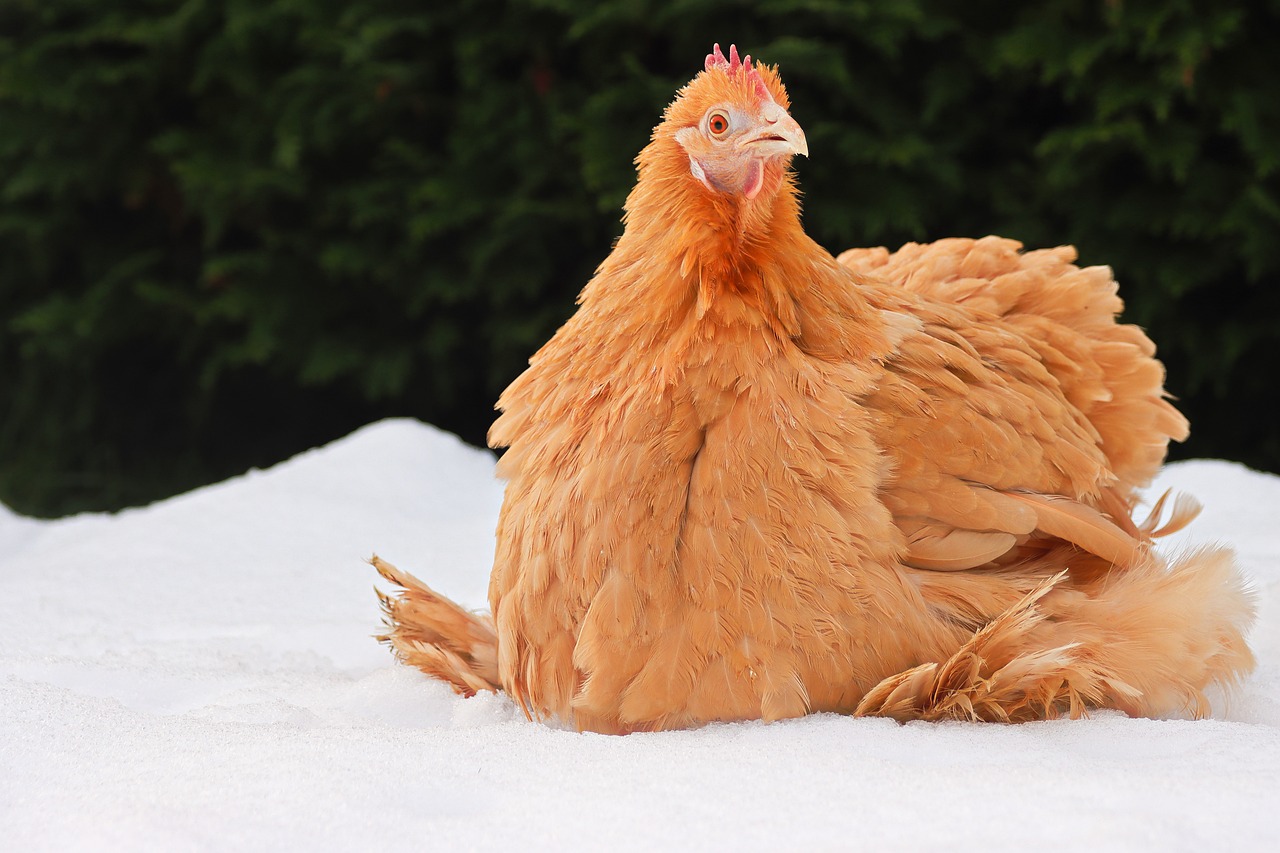Encouraging Winter Egg Production

Winter can be discouraging as you see your flock's egg production start to drop but there are a few things you can do to encourage your chickens to lay more eggs during the winter months:
- Make sure they have access to plenty of food and clean water. Chickens need a balanced diet to produce eggs, so be sure to provide a high-quality chicken feed and supplement with fresh fruits and vegetables if possible.
- Provide a consistent light source. Chickens need at least 14 hours of light per day to lay eggs. In the winter, you may need to provide additional light using a lamp or lightbulb in the chicken coop. If you do decide to use a light with a timer, allow the chickens to naturally come in to roost by the natural setting of the sun so their natural sleep pattern is not disrupted but have the light come on early in the morning to simulate the natural day/night cycle while extending the daylight hours.
- Chickens are more likely to lay eggs when they are comfortable, so try to keep the coop at a consistent temperature between 45-65 degrees Fahrenheit. Make sure their coop is well-insulated and draft-free, and provide a heat source if necessary.
- Consider providing additional protein. Chickens need protein to produce eggs, and they may not be getting enough from their regular feed during the winter. Try supplementing with mealworms or other high-protein treats.
- Consider adding a vitamin supplement: Vitamin supplements, especially ones high in calcium, can help encourage egg production. You can add a calcium supplement to your chickens' feed or provide them with crushed oyster shells to peck at.
- Keep the coop clean. A dirty coop can stress out your chickens and reduce egg production. Be sure to clean the coop regularly and remove any wet or soiled bedding.
- Consider using a light therapy lamp: Some chicken owners have had success using light therapy lamps to help stimulate egg production during the winter months.
- Be patient: Chickens may lay eggs less frequently in the winter, even with the best care. Be patient and try to make their environment as comfortable as possible to encourage egg production.
What can we help you find? Search the website:
What's New Around Here?
-
FL - Sebastopol Geese Farm Clewiston FL
SEBASTOPOL GEESE 🐣 Sebastopol Goose Hatching EGGS All curly feather. Moving cloud of feathers. Sebastopol are medium sized bird ornamental breed known -
CA - Rare red Pyle and hatchMcLean cross show roosters $300
These are redpyle and hatch McLean cross roosters. Several of them please if you are interested contact me by email at (youngwarrior785@gmail.com ). They -
Montpelier Farm Swap
Information on the Montpelier Farm Swap











